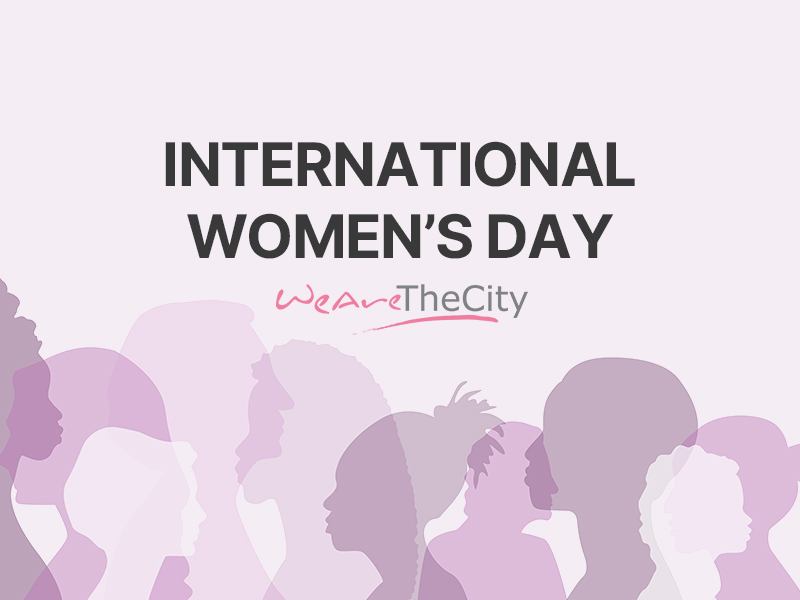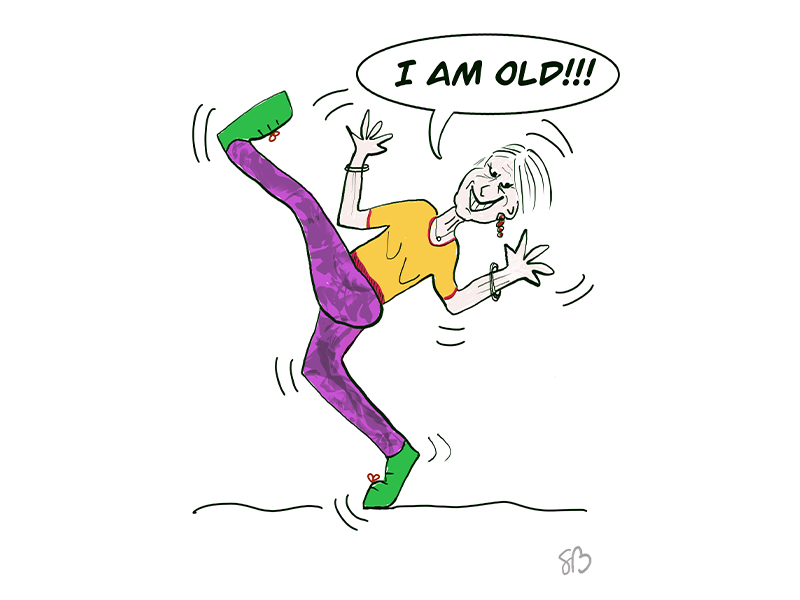Article by Lynne Hardman, CEO of Working Transitions
 As we come together to celebrate International Women’s Day its an opportune moment to reflect upon how far we have come, and also how far we have to go.
As we come together to celebrate International Women’s Day its an opportune moment to reflect upon how far we have come, and also how far we have to go.
Here at Working Transitions we have what is perhaps quite atypical in the modern workplace – our whole leadership team is compromised of women. It’s happened more by accident than design, but it certainly showcases that if you let women take the reigns then you can enjoy great rewards.
Despite a difficult economic back-drop, Working Transitions enjoyed significant growth in the last year. We are career development and transition experts. We are a trusted partner of leading organisations, such as HSBC, Nationwide, Investec, Royal London and ANZ Bank etc., providing their HR teams with practical support across the whole employee lifecycle. And, lets be candid, with the uncertain times of a global pandemic, it’s never been more important to support your workers.
But not everyone has been so fortunate. Covid-19 has had a disproportionate impact on working women. According to McKinsey, women’s jobs have been 1.8 times more vulnerable to this crisis than men’s jobs. Its research concludes that women are more vulnerable to COVID-19–related economic effects because of existing gender inequalities.
And its because of these existing gender inequalities that we all need to stand up and be counted. Change doesn’t happen organically, if you want things to get better you need to play your part. That’s why we are always sure to engage our clients on the topic of supporting women in the workplace, and identify and recommend strategies to level the playing field.
It starts with the basics. Real progress has been hindered by a lack of role models, lack of opportunities, lack of guidance, and an expectation that women work as c-suite ‘feeders’ rather than leaders. We need to talk about these issues, openly and honestly. It can be difficult talking about an unconscious bias, but when its surfaced, it can be challenged and addressed. The same goes for self-limiting beliefs. Coaching can be a valuable instrument in helping women articulate goals and putting together strategies to overcome issues like imposter-syndrome, to enable them to reach their potential.
It’s also important to talk openly about maternity and menopause. These are natural events that uniquely impact women, and it can have a huge impact on job performance and satisfaction. It’s not enough to have a ‘time off’ policy in place and pat yourself on the back for being a progressive employer.
For example, research has also shown that a high number of mothers who return to work after maternity leave the organisation within one year. Maternity returners may experience a mixture of positive and negative feelings, including a growing sense of anxiety about re-joining the business. Individuals who are supported before and during their return to work have a positive experience, are more engaged and become fully effective more quickly.
It’s a similar situation with menopause. Many women experiencing menopause may struggle to be at their best as a result of symptoms – around 1 in 4 have said they have thought about leaving work as a direct result of their symptoms. We know that symptoms can result in increased absenteeism. Businesses need to break this taboo and provide active support, with a healthy environment and culture that enable human conversations.
So the upshot is – we have a long way to go for organisations to be truly reflecting and enabling a pro-women culture. But with the appetite to improve, they can make some really positive changes that will benefit everyone… and we can make it International Women’s Day, every day.
WeAreTheCity covers the latest female centric news stories from around the world, focusing on women in business, careers and current affairs. You can find all the latest gender news here.
Don’t forget, you can also follow us via our social media channels for the latest up-to-date gender news. Click to follow us on Twitter, Facebook, Instagram, and YouTube.








